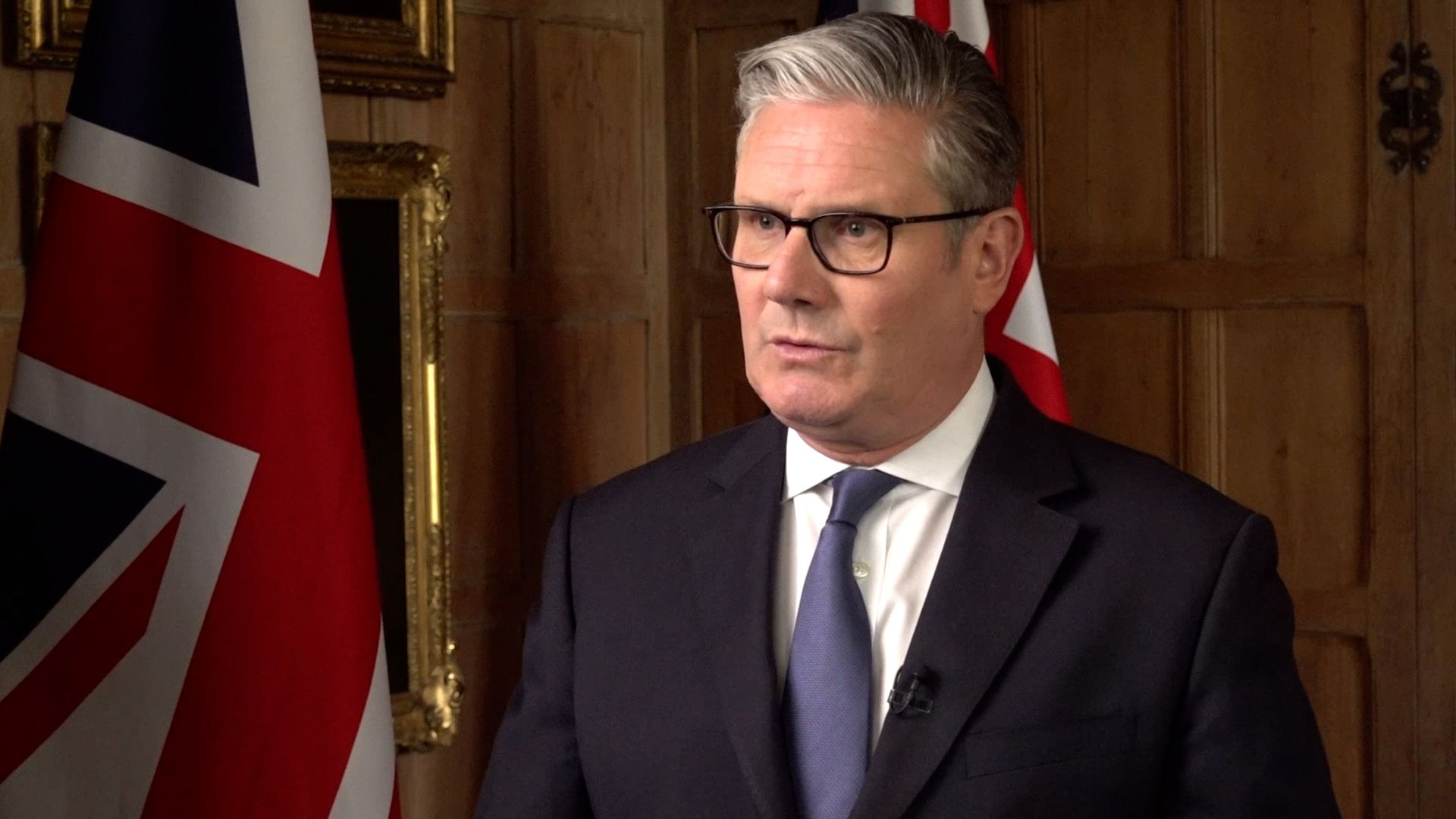
On Sunday, House Republicans on the Energy and Commerce Committee released the details of their contribution to the tax-and-spending package, which President Donald Trump calls the “Big Beautiful Bill.” That powerful committee has jurisdiction over health care, which Republicans have targeted for significant reductions to help offset the cost of their proposed tax cuts—not only keeping the 2017 tax rates, which will rise unless Congress acts, but also new provisions.
The New York Times reported:
Overall, the legislation would reduce federal spending by an estimated $912 billion over the decade and cause 8.6 million people to become uninsured, according to a partial analysis from the Congressional Budget Office that was circulated by Democrats on the committee. Most of those cuts—$715 billion—would come from changes to Medicaid and the Affordable Care Act.
I am not surprised to learn that the Republican proposal deeply cuts Medicaid and takes away health insurance coverage for millions.
I am surprised to learn this information came from the Congressional Budget Office.
The CBO has long had a deserved reputation for honest, nonpartisan analysis. Trump’s Washington has been, seemingly, doing everything possible to turn Washington into a propaganda machine cranked by compliant apparatchiks. The CBO is a creature of Congress, not the White House. It was created by the Budget Act of 1974 to give Congress more resources to counter the Executive Branch’s much larger Office of Management and Budget, and its 10 directors have been widely respected figures like the late Alice Rivlin and Douglas Holtz-Eakin. Still, you might think the current Republican leadership would replicate the slash-and-burn approach of DOGE, rid the joint of anyone unwilling to forsake accuracy, and concoct budget analyses that serve Trump’s agenda.
After all, brutish tactics to prevent the release of politically unhelpful analyses are not unprecedented. In 2004, the George W. Bush administration threatened to fire the Medicare actuary to prevent him from giving Congress an on-the-level assessment of the cost of proposed Medicare prescription drug reforms. But the actuary, Richard Foster, weathered the pressure, stayed in his post, and retired on his own terms in 2012.
In 2021, some Senate Democratic staffers pushed for firing the CBO Director Phillip Swagel before his four-year term expired and drafted a list of possible replacements. Swagel was a bipartisan choice in 2019, when the House had a Democratic majority, and the Senate was Republican. But Swagel previously worked for conservative think tanks, and in early 2021, he unfavorably scored proposals for raising the minimum wage, stoking Democratic ire.
However, politicizing the CBO was a step too far for Democratic leaders. Not only did Swagel remain in place, in 2023, at the recommendation of House Republicans and Senate Democrats, he was reappointed for a second four-year term.
It is Swagel who just provided Democrats with the data projecting the Republican health care plan will take away insurance from 8.6 million people.
Swagel’s reputation for objectivity and a conservative pedigree appears to have insulated him from Trump’s wrath, at least so far. But on Sunday, he unveiled an unvarnished analysis of the GOP health care plan. He gave an interview to the Financial Times, allowing the possibility that Trump’s tariffs could harm the economy. The FT quoted Swagel as saying, “At some point, if the high tariffs are sustained, those will have broader [negative] economic impacts.”
That could be one heresy too many for Trump. But even if the president does throw one of his trademark tantrums, Republican congressional leaders may not be inclined to dump Swagel. The GOP’s fiercest budget hawks, like Representative Chip Roy, are already flagging attempts to use budget gimmicks that mask the cost of the party’s proposed tax cuts. “This is fairy dust, and they’re full of crap. And I’m gonna call them out on it,” Roy said of the Senate’s attempt to treat a renewal of Trump’s expiring first-term tax cuts as cost-free. Installing a White House toady at CBO would discredit GOP numbers. Without a credible CBO score of how much the bill will reduce the deficit—if it would reduce it—the hawks may bail and deny Trump his big, beautiful bill.
When Congress and the public can’t trust the budget numbers produced by the CBO or any federal analysts, it fundamentally compromises our ability to hold elected leaders accountable. One of the pillars of accountability is the CBO, and amazingly, that pillar is holding even in Trump’s Washington.
The post The Congressional Budget Office Still Works appeared first on Washington Monthly.


 2 months ago
26
2 months ago
26 



.jpg.webp?itok=1zl_MpKg)





 Bengali (Bangladesh) ·
Bengali (Bangladesh) ·  English (United States) ·
English (United States) ·